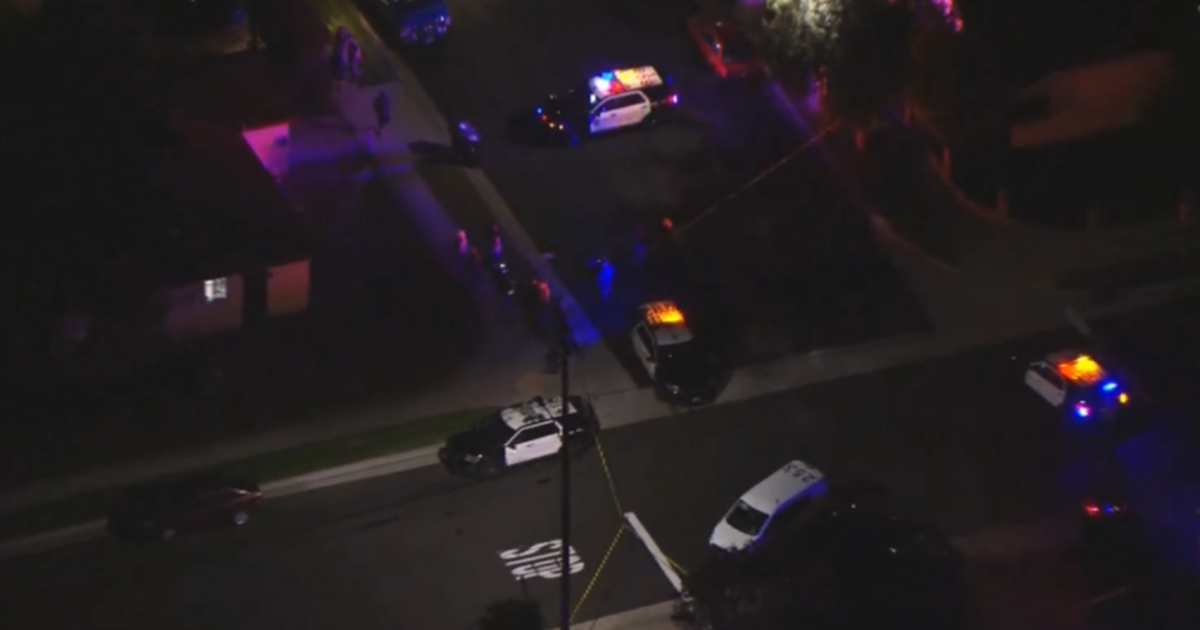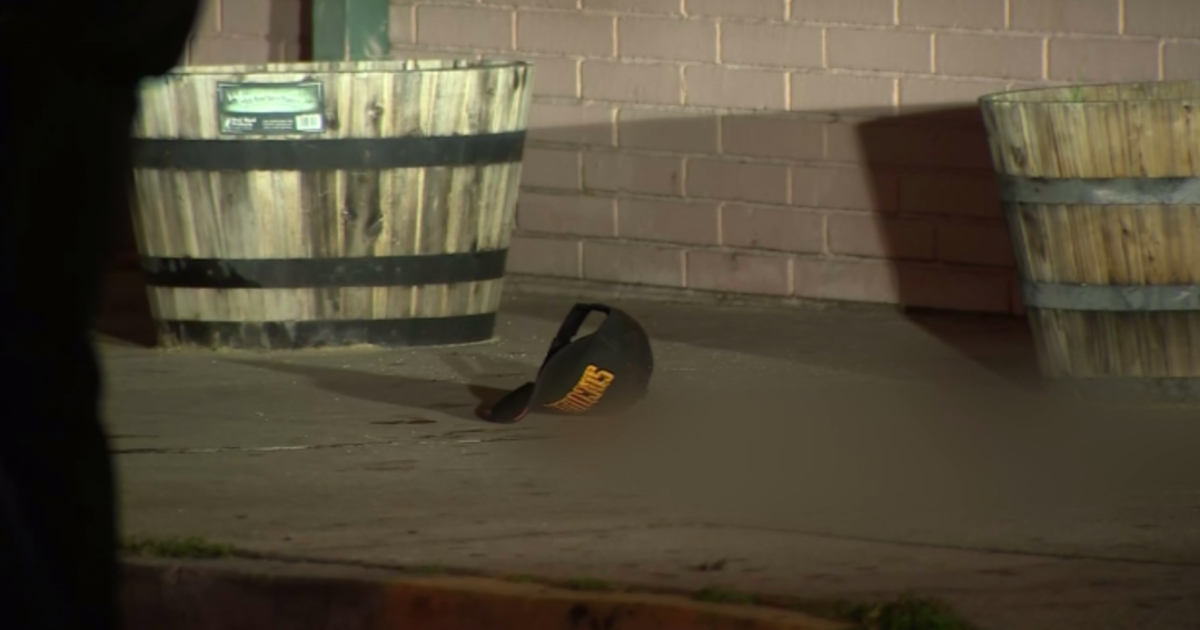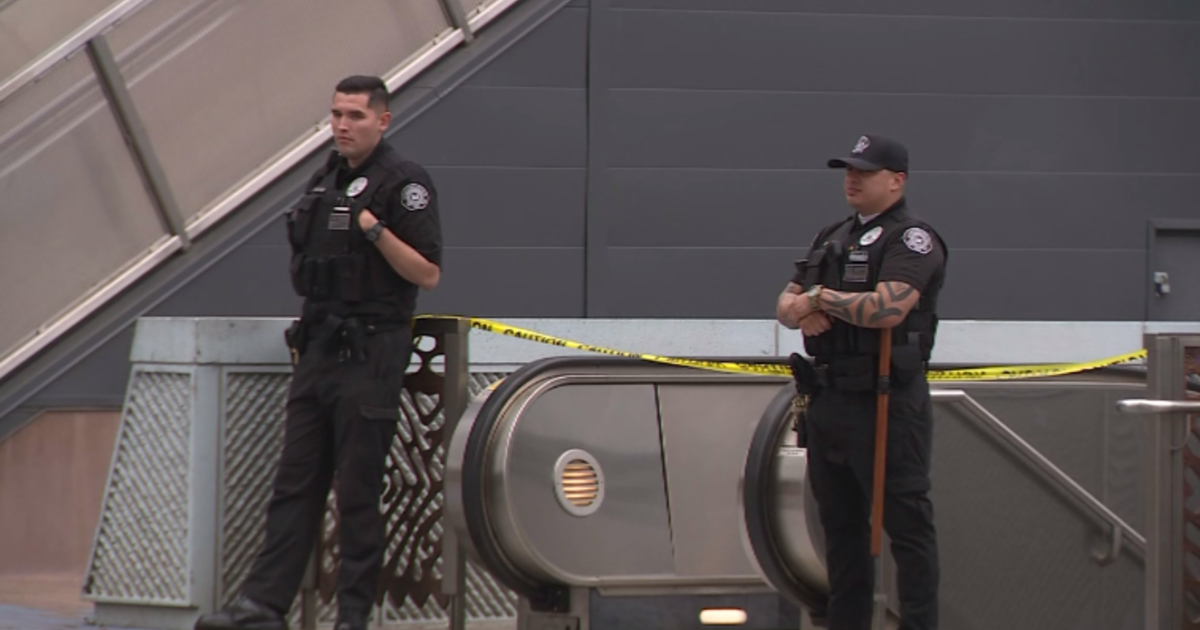Court Rules LASD Can Share Deputy Misconduct History With Prosecutors
LOS ANGELES (CBSLA) — The California Supreme Court ruled Monday that the Los Angeles County Sheriff's Department can give prosecutors the misconduct history of deputies being called to testify in criminal cases, overturning an earlier state appeals decision.
The legal dispute stems from the so-called Brady list, named after a 1963 Supreme Court ruling, that names about 3,000 Los Angeles County sheriff's deputies with histories of misconduct. In criminal cases, prosecutors are required by law to provide defense attorneys with information that could bring into question the credibility of law enforcement officials testifying in a case. However, the Association for Los Angeles Deputy Sheriffs, the union that represents deputies, sued to prevent the list from being turned over to prosecutors citing privacy and confidentiality concerns. The list was initially compiled under the administration of former Sheriff Jim McDonnell.
Back in 2017, Los Angeles Superior Court Judge James Chalfant found that providing the complete list would clash with state law, but authorized the sheriff's department to turn over the names of problem deputies who might have been scheduled to testify in an upcoming criminal case to comply with disclosure rules. ALADS appealed the decision, and a state appeals court sided with the union.
The Monday court decision overrules the lower court's decision. The court found that the department would not violate state law "by sharing with prosecutors the fact that an officer, who is a potential witness in a pending criminal prosecution, may have relevant exonerating or impeaching material in that officer's confidential personnel file."
ALADS issued a statement emphasizing that the ruling, while authorizing the release of information relating to "pending criminal prosecutions," did "not allow the department's wholesale release to the prosecution of its Brady list, as it originally set out to do."
The union also pointed out that the court did not require Brady alerts, but merely said those alerts were permissible. The union said it was setting up a meeting with the sheriff's department to develop a policy for handling cases in which this could become an issue.
Because "the official Brady list is a product of the District Attorney's Office, the Sheriff's Department will not be maintaining 'a list' of potential Brady material, but will provide all information required to the District Attorney's Office on a case-by-case basis," Sheriff Alex Villanueva said.
"Because the Sheriff's Department understands the needs of the community, we plan on sitting down with the District Attorney to work out an effective, efficient, transparent and open process for turning over the information," Villanueva said.
Brian K. Williams, executive director of the county Civilian Oversight Commission that monitors management of the sheriff's department, said he was pleased with the ruling.
"Transparency regarding officer credibility is critical to prosecutors and defense attorneys to ensure a fair process and avoid wrongful convictions," he said. "This decision supports best practice reforms and will have an impact on law enforcement agencies throughout the state."
(© Copyright 2019 CBS Broadcasting Inc. All Rights Reserved. City News Service contributed to this report.)



